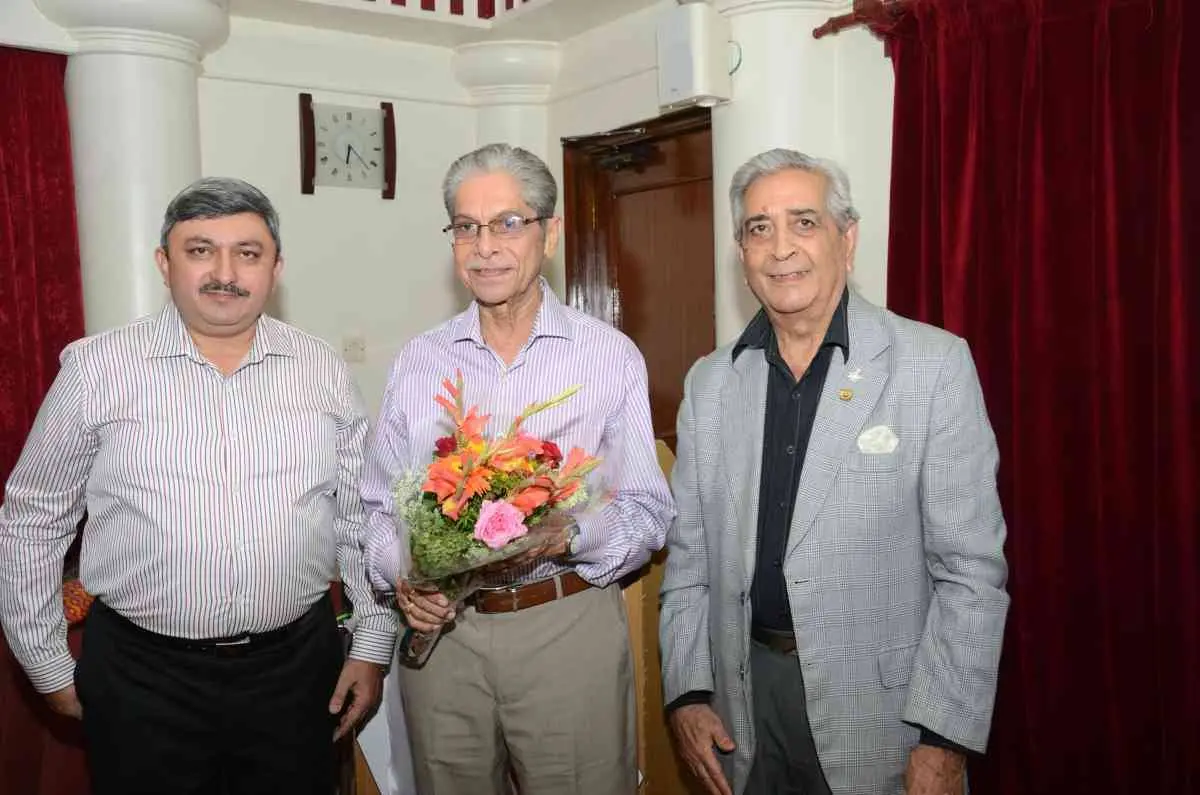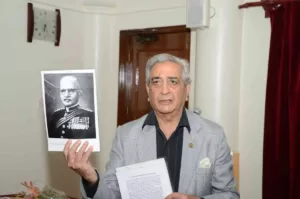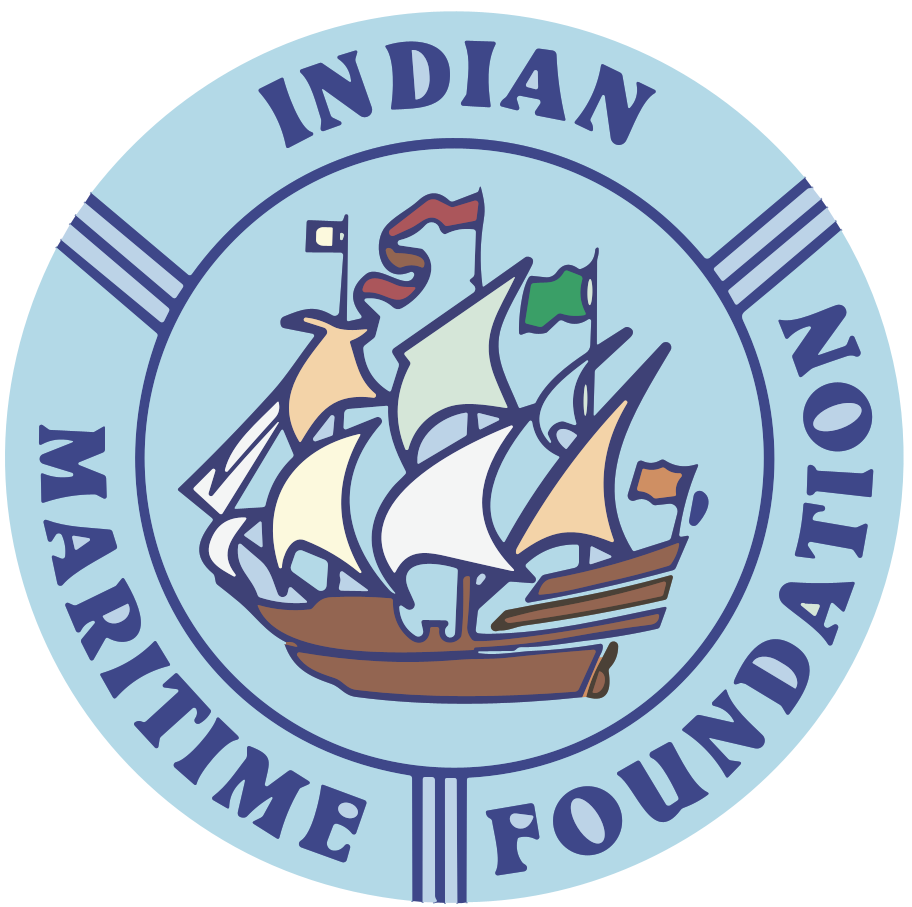
Commemoration of Centenary of First World War
A special event was organized by the IMF at Pune last October to commemorate the centenary of the First World War (1914 – 1918). We were inspired to do so after witnessing numerous such events of remembrance taking place overseas, not the least by watching an extensive coverage on TV and in the print media, which often included India’s role in that war. The IMF had invited its members to the screening of the award winning film, “ All Quiet on the Western Front” at the Boat Club. Maj Gen Neeraj Bali, SM, General Officer Commanding, Pune Sub Area, was the chief guest. A distinguished operational field commander, Gen Bali has had several tenures in J & K, Arunachal Pradesh, Assam and in the deserts of Rajasthan. He has commanded a Brigade in the Western theatre.
This event was a remembrance of and a tribute by the IMF to the Indian Army soldiers, and Indian merchant seamen, who served and fought in the First World War, and who are seldom remembered and have been mostly forgotten in India. 1.3 million Indian soldiers had served in almost all the theatres of war, including the Western Front, and thousands of Indian seamen sailed onboard British merchant ships carrying troops, munitions and supplies in oceans threatened by the enemy.
Of them, 70,000 soldiers, and 1841seamen, were killed in action, on land and at sea, sacrificing their precious lives in the service of our country; another 70,000 soldiers were wounded in action. It was a horrific war, with soldiers fighting bitter battles in trenches and often being subjected to chemical warfare (weapon of mass destruction).
By their courage and gallantry in the face of the enemy, Indian Army personnel won several awards, including 12 VCs. They made our nation and our Army proud. The battle honours won by Indian regiments in the First World War are an integral part of their heritage and tradition, and proudly displayed in their messes for inspiration. The first Indian recipient of Victoria Cross was Sepoy Khudadad Khan, from the Duke of Connaught’s Own Baluchis Regiment , who won the award on the Western front in Belgium in 1914.
And seldom realized by our countrymen, significant indeed was the part played by our merchant seamen. Names of all 1841 seamen killed on board ships are inscribed at the war memorial at Tower Hill, London, as also are the names of 6114 seamen killed in action while serving in the Second World War. For the record, Royal Indian Marine, a fledgling navy, was also armed in 1914. Some of its ships served with the Royal Navy on escort duties, and some others taking part, were coastal minesweepers and river gun boats in the Mesopotamia campaign.
The highlight of the evening before the film was the tribute paid by us to a distinguished officer from Pune, the late Lt Col Nilkanth Shriram Jatar, DSO ( Bar), IMS. He had served with the 16th Cavalry, as part of the Indian Expeditionary Force in 1915, under the British 8th Army under Maj Gen Charles Townsend who led the disastrous first British Expedition against Baghdad. The Turks took Captain Jatar as prisoner of war at Kut El Amara from 1916 to 1918, for over 2 ½ years, when Gen Townsend surrendered his Eighth Army.
Lieutenant Jatar was awarded a DSO in 1917 for his bravery and leadership during action in Mesopotamia. He was later also mentioned in despatches as a member of Gen Townsend’s Army. After the War in 1920, as a Captain when he was posted with Waziristan Field Force, he was seriously wounded in an enemy action. For his gallantry, he was awarded a Bar to his DSO.
His son, Maj Gen SCN Jatar ( Retd), who lives in Pune and heads a well known civic activism NGO , was a special invitee. He spoke briefly about his late father’s experiences in the First World War. Lt Col Jatar’s picture and a copy of the DSO parchment, signed by King Emperor George V, were displayed and he was given a standing ovation.
Many years later in 1946, Lt Col NS Jatar was knighted by Lord Wavell, the Viceroy of India, for his meritorious services to the crown and the country. He was awarded the Order of the Companion of the Indian Empire (CIE). He died in 1957.
The film, “ All Quiet on the Western Front” followed and is about a group of idealistic young men who join the German Army during the First World War and are assigned to the Western Front, where their patriotism is destroyed by the harsh realities of combat. The film, regarded as a timeless masterpiece and based on a best seller classic by a German author, Erich Remarque, won an Oscar for the best film in 1930. Time has not dimmed its power or poignancy.
Also screened was a short film on the important role played by Hospital and Troopships of the First World War, “ Get Me There and Bring Me Back “. It was presented recently to the IMF by a sister organization, the British Maritime Foundation, London.





